Sunflower (2006) is one of those rare Korean films that quietly devastates you, not with spectacle, but with sincerity. At first glance, it looks like a typical redemption story: a former gangster, Tae-sik (played powerfully by Kim Rae-won), is released from prison and tries to live a peaceful life with the woman who once cared for him like a mother. Yet beneath that simple premise lies a film layered with emotional depth, moral tension, and the painful contrast between who we were and who we long to become.
Kim Rae-won delivers one of his most memorable performances here. His portrayal of Tae-sik is both tender and volatile, a man clinging desperately to his newfound peace, constantly at war with the violent impulses that once defined him. The way he softens his voice, his childlike smiles, and his meticulous daily routines all signal a man reborn, even as the world refuses to forgive his past. When the fragile life he builds begins to crumble, Kim’s transformation is heartbreaking to watch.
Director Kang Seok-beom crafts the story with restraint and empathy. The pacing is deliberate, allowing moments of quiet domesticity and warmth to lull us before the inevitable tragedy strikes. The cinematography mirrors this duality, bright, serene tones that slowly give way to the darker hues of vengeance and despair. The contrast makes the film’s climax all the more gut-wrenching.
Thematically, Sunflower explores forgiveness, fate, and the impossibility of completely escaping one’s past. It poses difficult questions: Can a person truly change? Does society allow redemption, or is it merely a fleeting dream? In Tae-sik’s case, his sincerity is unquestionable, yet his peace is brutally fragile in a world that keeps reminding him who he used to be.
While Sunflower may feel melodramatic to some, its emotional honesty transcends clichés. It’s a film that demands empathy, not judgment, and by the end, you feel both crushed and uplifted by its tragic beauty.
A haunting, deeply human drama anchored by Kim Rae-won’s tour de force performance. Sunflower lingers long after the credits roll, a testament to the quiet strength of remorse, love, and the impossible dream of redemption.
I’ll never drink again, I’ll never fight again, I’ll never cry again.
Tae-Sik
Here’s a piece of advice for your pathetic life. Being dumb isn’t just bad, It’s a crime. It’s make other suffer.
Hee-Joo
If I were you, I wouldn’t have come back. People here don’t like you.
Police officer
I got it when I was younger, to indimidate people. Now I think it looks horrible.
Tae-Sik
If you commit a sin, you get punished for it. Consider it as my punishment.
Tae-Sik

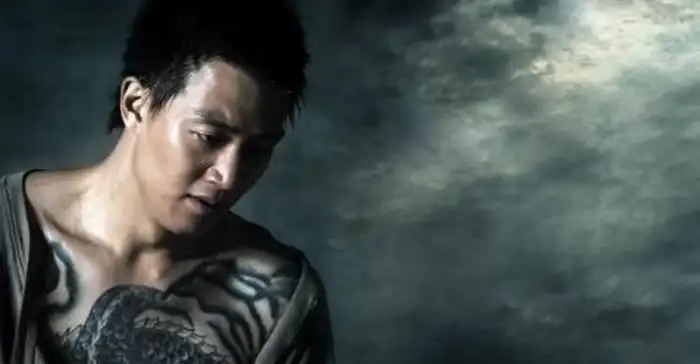
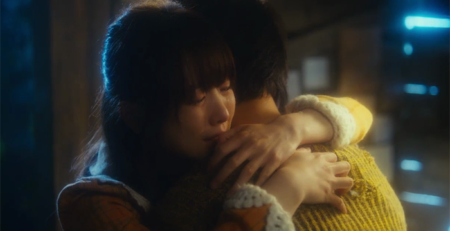
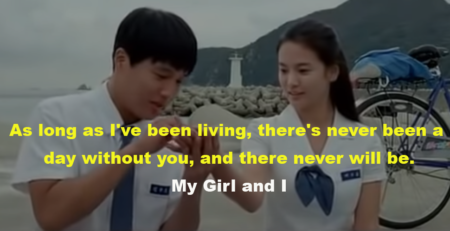
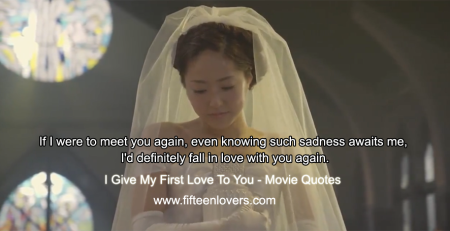
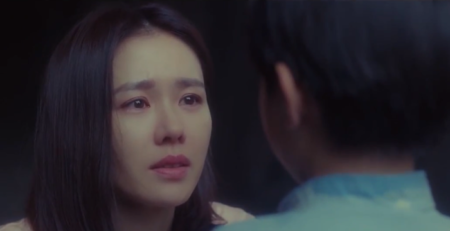


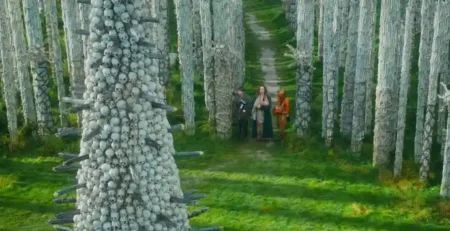
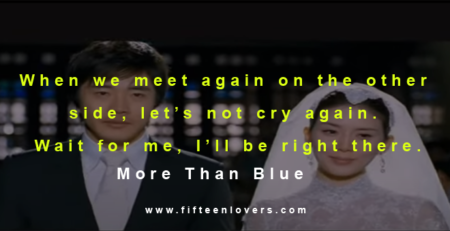
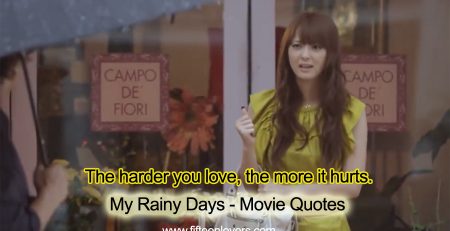
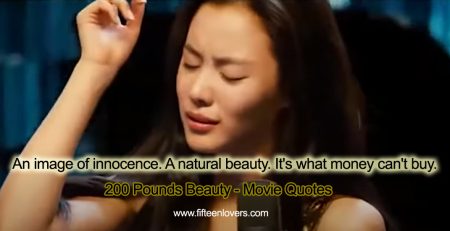
Leave a Reply
You must be logged in to post a comment.